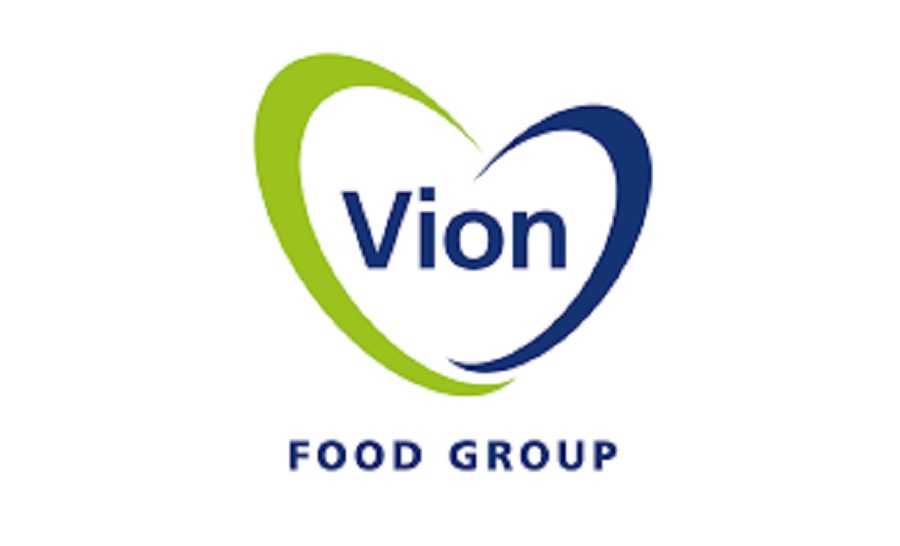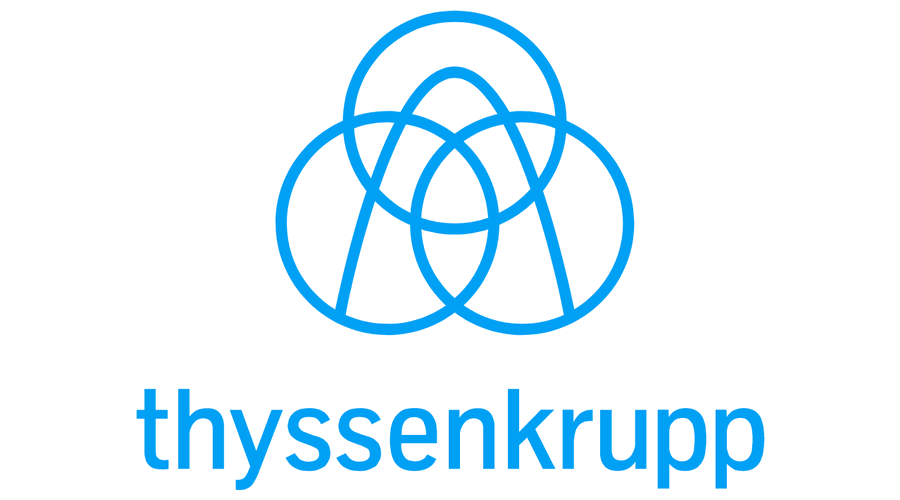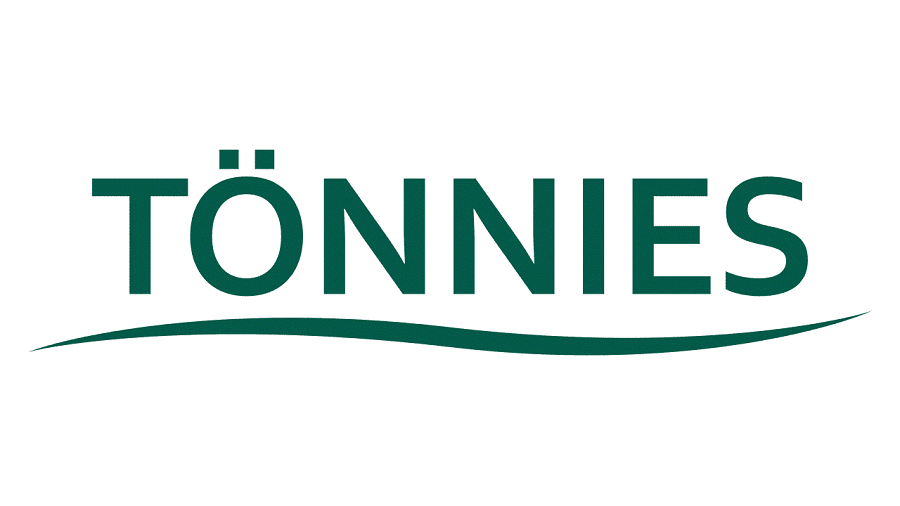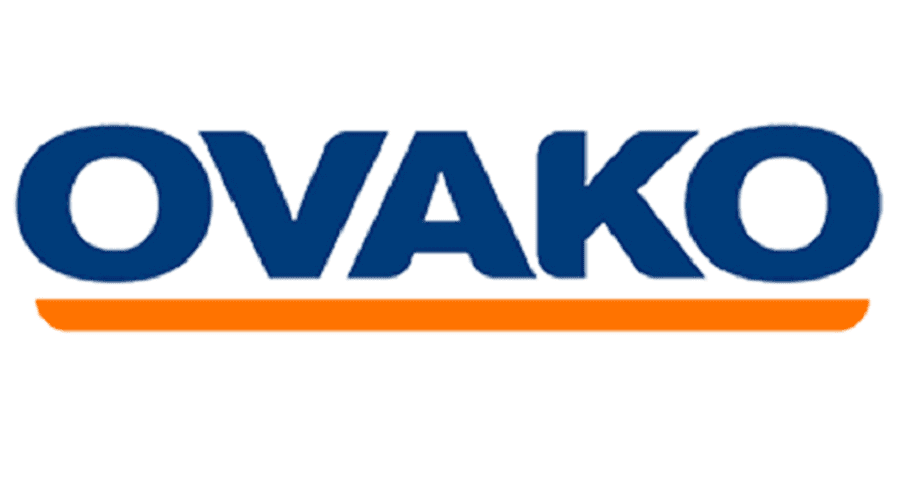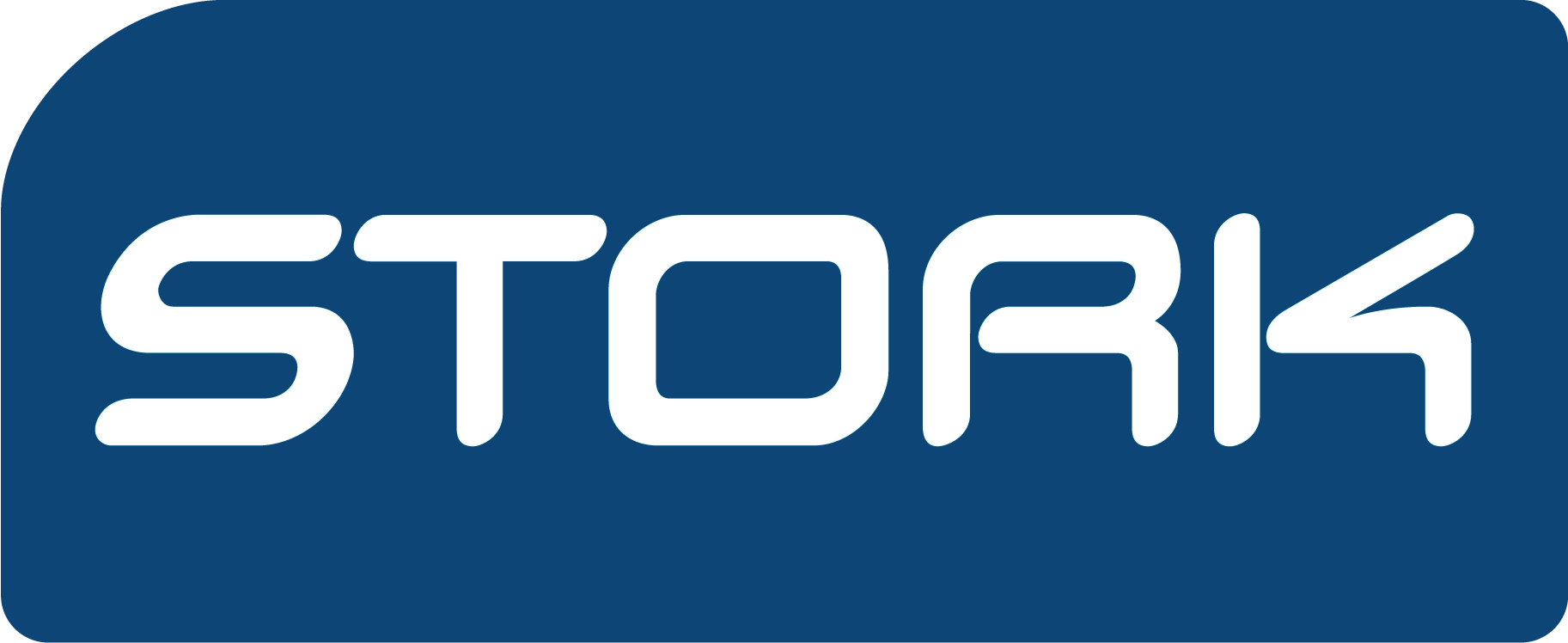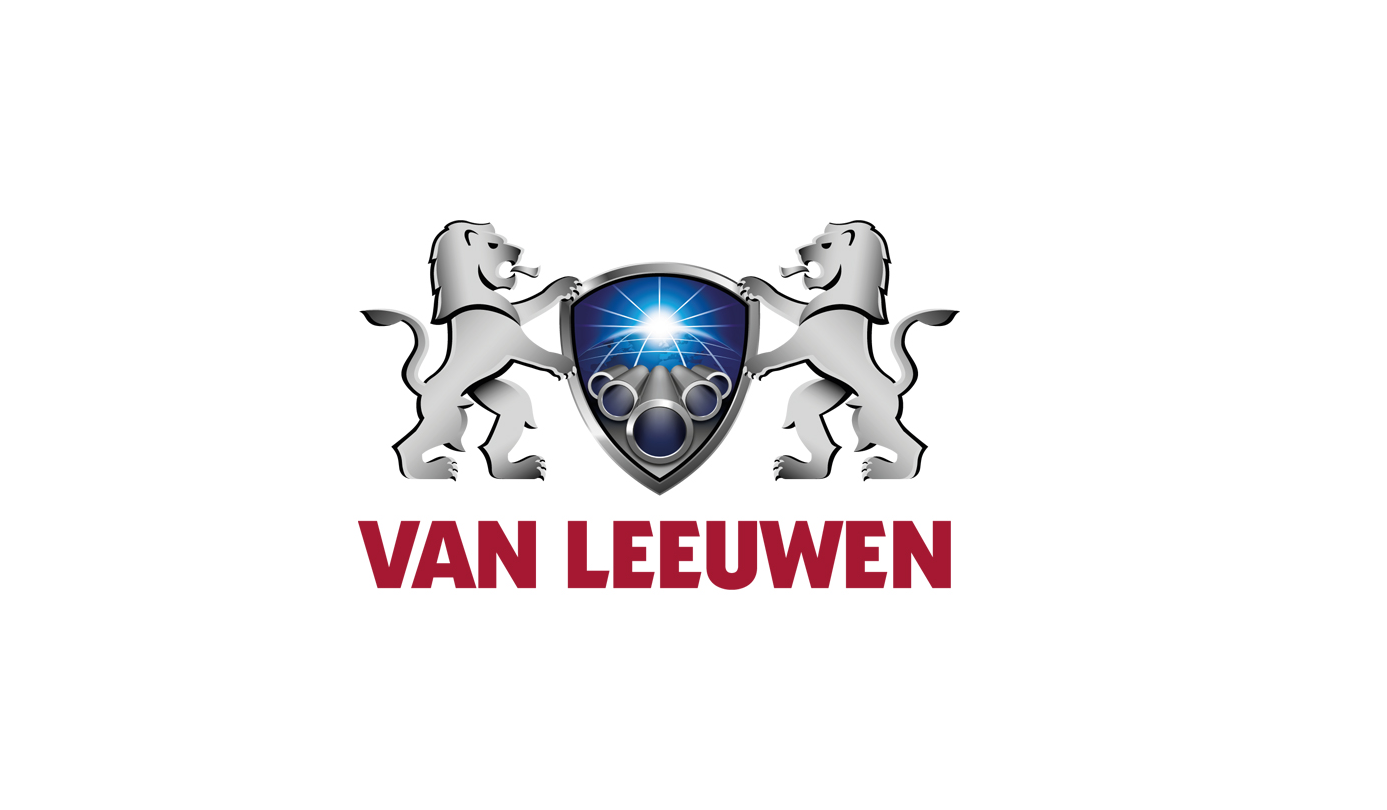Manufacturing Industry
Reducing Waste, Optimizing Utilization, and Increasing Sustainability Get the demoLearn moreManufacturing is changing in many ways, which brings new challenges in the manufacturing industry. Companies have to now balance efficiency, cost reduction, and sustainable manufacturing practices while also managing complex supply chains and rising regulations. The demand for carbon-neutral manufacturing is increasing, whether driven by government policies or customer expectations. At the same time, businesses have to start adopting digital manufacturing solutions, AI, and cloud-based manufacturing software to stay competitive.
However, challenges in the manufacturing industry continue to grow. From supply chain disruptions to labor shortages, companies must rethink how they operate. Supply chain risk management, industrial sustainability solutions, and manufacturing digital transformation are no longer optional, they are essential.
Challenges in Manufacturing
Modern manufacturers have to deal with challenges that impact production, costs, and sustainability. Addressing these challenges in the manufacturing industry requires a combination of smart manufacturing technology, lean manufacturing solutions, and digital supply chain management.
1. Regulatory Compliance and Sustainability
Environmental regulations are tightening worldwide. Europe leads the way with strict policies on emissions and waste reduction, such as the EU’s Industrial Emissions Directive (IED) and circular economy initiatives. Similar policies are starting to be implemented in the U.S. They require manufacturers to align with green supply chain management and sustainable manufacturing practices.
Failure to comply can result in fines, permit revocations, and reputational damage. Manufacturers have to adopt industrial sustainability solutions to meet these standards while staying efficient at the same time.
2. Supply Chain Disruptions and Risk Management
Global supply chains remain unpredictable due to geopolitical shifts, raw material shortages, and logistical bottlenecks. Traditional supply chain visibility is no longer enough. Companies have to implement real-time supply chain tracking and supply chain resilience strategies to anticipate risks and adjust operations accordingly.
Supplier diversification strategies also play an important role. Relying on a single supplier or region increases vulnerability. Diversifying, on the other hand, reduces risk and improves stability.
3. The Digital Transformation Gap
Some manufacturers have fully accepted (and are using) manufacturing digital transformation, while others struggle to integrate AI in manufacturing industry processes. Those who lag behind risk reduced productivity, higher costs, and an inability to compete.
Adopting cloud-based manufacturing software, ERP solutions for manufacturing, and automated scheduling software can help businesses optimize production, reduce downtime, and enhance decision-making. These technologies improve manufacturing process optimization and therefore lead to better productivity as well as cost savings.
4. Workforce Shortages and Skills Development
As automation increases, so does the demand for skilled labor. The AI and automation impact on jobs has shifted workforce needs. This means that new training programs are required. Manufacturers have to invest in manufacturing workforce training to make sure employees can operate new technologies and maintain efficiency.
At the same time, retaining skilled workers is essential as well. Companies that focus on workforce retention strategies benefit from higher productivity and fewer operational disruptions.
5. Cost Reduction and Resource Optimization
With thin profit margins, manufacturers have to find ways to reduce manufacturing costs without sacrificing quality. Manufacturing productivity improvement strategies focus on minimizing waste, optimizing production schedules, and using real-time production monitoring for better efficiency.
Resources
How Ab Ovo helps manufacturers adapt and succeed
To overcome these challenges in the manufacturing industry, manufacturers need new and better solutions that integrate smart factory technology, AI, and digital supply chain management. Ab Ovo specializes in this: we help businesses optimize their operations, cut waste, and enhance sustainability.
- Our solutions include:
- Supply Chain Optimization Software: Improves logistics, reduces bottlenecks, and enhances supply chain resilience strategies.
- Automated Scheduling Software: Guarantees efficient production planning and reduces downtime.
- AI in Manufacturing Industry Solutions: Helps manufacturers make data-driven decisions for manufacturing process optimization.
- ERP Solutions for Manufacturing: Modernizes operations and improves efficiency.
- Green Supply Chain Management Strategies: Supports compliance with sustainability regulations while maintaining profitability.
If you need to implement lean manufacturing solutions, adopt industrial IoT solutions, or improve real-time supply chain tracking, Ab Ovo is the right choice. We provide customized strategies that fit like a glove and align with your business goals.
Promote efficiency and sustainability in manufacturing
The challenges in the manufacturing industry will continue to grow and change, but with the right strategies and technology, businesses can stay ahead. What leads to long-term success is investing in digital manufacturing solutions, workforce training, and manufacturing automation software.
Ab Ovo helps manufacturers overcome these challenges in the manufacturing industry gracefully. We help with supply chain risk management, process optimization, and sustainable manufacturing practices.
Manufacturing solutions designed for growth
These days, manufacturers constantly find themselves in high-pressure situations. They have to face constant pressure to optimize operations, reduce costs, and meet demand…all while maintaining high-quality production.
Our solutions help businesses overcome these challenges. You can expect improved supply chain resilience, workforce planning, and process efficiency.
Using our automated scheduling software, ERP solutions for manufacturing, and digital supply chain management makes it easy for planners to make better decisions, reduce waste in manufacturing, and enhance operational effectiveness.
Areas We Support:
- Demand Planning: Align production with market needs to prevent shortages and overproduction.
- Sales and Operations Planning: Improve coordination between supply, demand, and financial goals.
- Scheduling: Use automated scheduling software to maximize efficiency and reduce downtime.
- Supply Chain Optimization: Enhance logistics with real-time supply chain tracking and supply chain risk management.
- Inventory Planning: Balance stock levels to prevent excess storage costs and material shortages.
- Supply Network Planning: Improve visibility across suppliers to support green supply chain management.
- Workforce Planning: Optimize staffing levels with manufacturing workforce training and resource allocation strategies.
- Operations ERP: Utilize ERP solutions for manufacturing to update operations and reinforce digital manufacturing solutions.
How Our Solutions Benefit Your Business
We know that every manufacturing business has unique needs. Yet, our solutions deliver many benefits that improve efficiency, cost savings, and sustainability in practically every manufacturing business:
- Lower Carbon Emissions: Optimized scheduling reduces energy consumption by aligning production with carbon-neutral manufacturing practices.
- Higher Efficiency: Improved resource utilization and manufacturing process optimization minimize waste and downtime.
- Better Resource Management: Smart planning leads to sustainable manufacturing practices, which prevents shortages and excess inventory.
- Shorter Lead Times: Supply chain optimization software reorganizes operations for faster order fulfillment and greater customer satisfaction.
- Lower Inventory Costs: Reduce supply chain costs by producing only what’s needed, cutting storage expenses.
- Improved Quality Control: Scheduled quality assessments help minimize defects and maintain high product standards.
- Greater Adaptability: Flexible scheduling establishes lean manufacturing solutions, which allows for quick responses to market changes.
- Stronger Decision-Making: Transparent, data-driven insights from real-time production monitoring improve long-term planning.
Optimize your manufacturing processes today
Ab Ovo’s technology solutions help businesses achieve digital manufacturing transformation by integrating AI in the manufacturing industry, automation, and real-time supply chain tracking.
- DELMIA Quintiq Platform helps manufacturers reduce waste, optimize supply chains, and lower emissions by improving scheduling and logistics planning.
- Eco Logic Platform is an exclusive coding framework designed to create carbon-aware enterprise applications. It leads to process efficiency, reduces software-related energy consumption, and contributes to sustainability initiatives.
Contact us today to discover how our solutions can improve your operations and future-proof your business. Let’s build a smarter, more efficient future.

